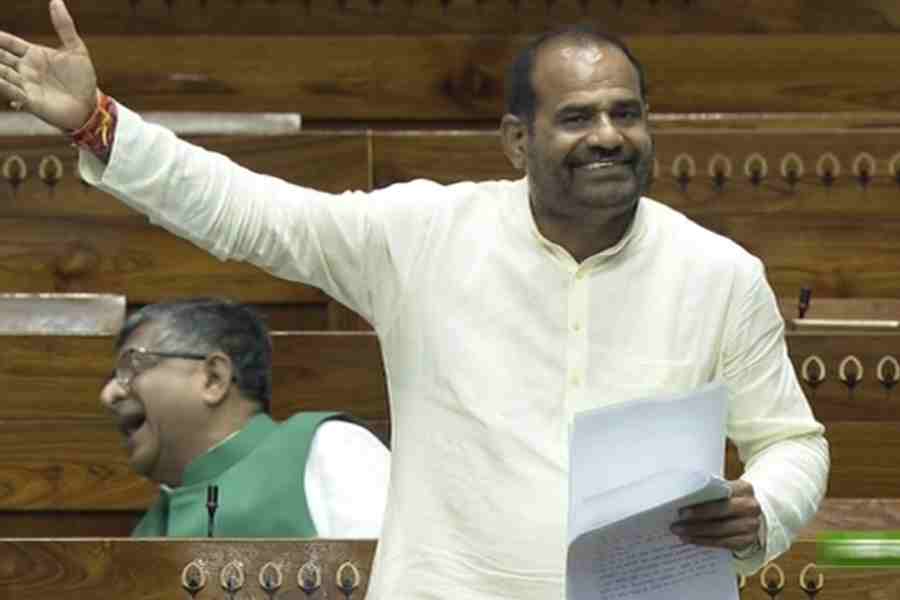The chilling lynching of a specially-abled Muslim man in Delhi has the capacity to shock a country even though it has become increasingly indifferent to hate crimes perpetrated against minority communities. Mohammed Isaar was tied to an electric pole with saffron cloth and then beaten to death: the victim, allegedly, had stolen prasad from a stall near a temple. There is mounting evidence that even the specially-abled community — the subjects of frequent discrimination, abuse and taunts in India — is now being targeted along religious lines: a mob had lynched a Muslim youth battling mental health issues in Bihar while an elderly person with disabilities had been killed in Madhya Pradesh after being suspected of being a Muslim. The official word — myth — though is that India’s differently-abled citizens have had their lives bettered by Narendra Modi who christened them as divyangs.
Instances of such depravity, increasingly common in New India, cannot be attributed to randomness. There is a method in the madness. The evidence of the institutionalisation of hatred continues to rise along with the spike in body counts. Recently, a report in The Washington Post removed the lid on a project, allegedly aided and abetted by the Bharatiya Janata Party and its shadowy allies, that was meant to incite the Hindu community in poll-bound Karnataka; two human rights organisations, Hindutva Watch being one of them, also published comprehensive data that indicated the systematic use of hate speech to target minorities. None of the findings comes as unexpected. Domestic reports indicative of the surge in hate speech and hate crimes have been voluminous. India’s highest court has repeatedly urged administrative intervention against the menace. The political Opposition has been vociferous in its campaign against such divisive rhetoric. A new law has proposed a stringent penalty. Yet, lynchings take place with impunity. They are indicative of the complicity at the highest level. The blame lies squarely on the BJP that remains adamant in politically profiting from mobilising the spectre of hate. Incidentally, the BJP parliamentarian, Ramesh Bidhuri, who shamed Parliament and the nation with his vile bigotry directed at a Muslim member of the House, seems to have been rewarded with a key electoral responsibility. Given their ability to deflect public attention from policy failures, hate crimes may rise as India edges towards crucial elections.











